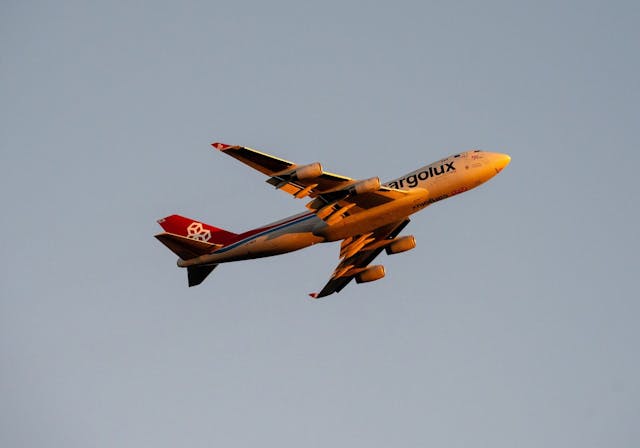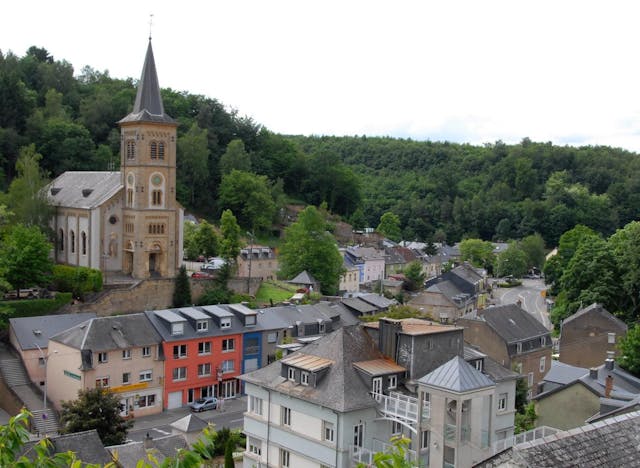Tragedy at the Christmas market in Magdeburg: what is known so far

Levi Meir Clancy, Unsplash
A car deliberately crashed into a crowd at a Christmas market in Magdeburg on Friday night, killing five people, including a 9-year-old child, and leaving more than 200 injured. The incident shocked not only the residents of the city, but the whole country. The driver was a 50-year-old Saudi doctor who had been authorised to work in Germany in 2006.
The suspect was apprehended at the scene and is being questioned. The prosecutor's office confirmed that he acted alone. According to prosecutor Horst Nopens, the motive for the offence may be related to his frustration with Germany's policy towards Saudi refugees. However, the detailed motivation remains unclear.
The suspect, identified as Taleb A., turned out to be a specialist in psychiatry and psychotherapy. According to German media, he criticised Islam and supported the far-right AfD party. He regularly shared anti-immigrant posts on social media and expressed concern about the "Islamisation of Europe".
Chaos reigned at the scene. The 80 injured were taken to Magdeburg University Hospital, where neurosurgeon Mahmoud Elenabi said many were in critical condition. Volunteers and locals tried to keep the injured warm with homemade blankets.
German President Frank-Walter Steinmeier and Chancellor Olaf Scholz expressed their condolences. Scholz called the incident a "terrible act", emphasising its brutality amid a festive atmosphere. A memorial service was held in Magdeburg on Saturday, accompanied by the singing of a church choir.
European leaders also reacted to the tragedy. Ursula von der Leyen demanded a strict investigation and punishment. Meanwhile, other cities in Germany have stepped up security measures at Christmas markets and some have temporarily closed them.
The attack recalled the tragedy of 2016, when a terrorist attack at a Christmas market in Berlin claimed 13 lives. Despite the authorities' claims of stable security in 2024, the tragedy in Magdeburg once again raises questions about the security of public events in the country.





